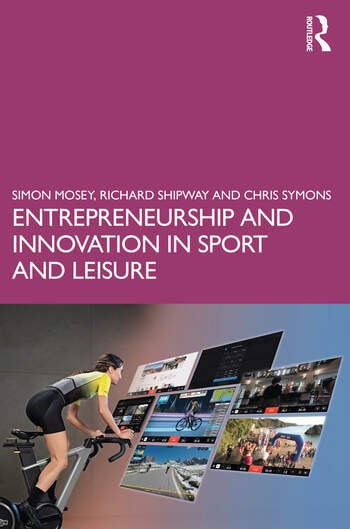
November 18, 2022, by aczjb1
Holding the FIFA World Cup in Qatar is not an innovation – and here’s why
This blog is written by Professor Simon Mosey, Director of the Haydn Green Institute
Many thousands of words have been written explaining why hosting the upcoming football world cup in Qatar is a bad idea. We would add the fundamental point that hosting the tournament in winter in one of the smallest, hottest, and most expensive nations is simply not an innovation.
We define innovation as the bringing of value by doing differently and although this World Cup has done many things differently, it is difficult to see where any of these changes bring value.
Yet there are so many opportunities for innovation that FIFA seem unaware of. They could bring in new technologies, such as when the regional football associations pioneered the use of Hawkeye to determine whether the ball has crossed the goal line. After some initial scepticism, football fans now accept this as a welcome development that contributes to the excitement of the game.
They could have considered new services such as the online e-sports competitions. Here individual football clubs have partnered with e-sports tournaments to great effect and attracted new customers to their clubs as a result.
And finally, they could even consider new ways of thinking about the sport, such as the seemingly radical idea, to FIFA, that women’s football could be as popular as the men’s game. We have seen that, during the recent European Championships, the women’s game attracted thousands of new customers to what they see as a much more enjoyable spectacle than the men’s matches.
Our research shows that sports organisations who create new value for their customers do so through working in a very different way to the hierarchical and bureaucratic decision making exhibited by FIFA, which resulted in Qatar being chosen to host the World Cup. We see organisations identifying problems with their customers’ enjoyment of their products or services and then solving those problems to provide enhanced value.
For instance, what can FIFA learn from a club in the third division of the Brazilian league, where shirt sales amount to around ten per month? The answer for Madureira Esporte Clube came when, following a tour of Cuba, they took the very different approach of eliminating their club sponsors from their shirts. They substituted the sponsor with the iconic face of Che Guevara on their kit – worldwide sales rocketed and their new challenge is to keep up with demand.
Here we see that innovation can happen without the riches of FIFA. If the simple principle of making things better for your customer drives your decisions, then amazing things can happen.
————————————————————————————-
During the Covid pandemic we embarked upon a fascinating journey, speaking to leaders within sports and leisure organisations to gain their insights into how they addressed the changing needs and demands of their customers. We have captured their wisdom, together with the latest thinking from researchers around the world within this new book, Entrepreneurship and Innovation for Sports and Leisure. Drawing from case examples ranging from the continuous decline of Baseball to the meteoric rise of Parkrun, the social exercise phenomena, we show how organisations can unleash innovation through taking a more entrepreneurial approach to all that they do.
Entrepreneurship and Innovation for Sports and Leisure will be released by Routledge on 1 Dec 2022
No comments yet, fill out a comment to be the first



Leave a Reply